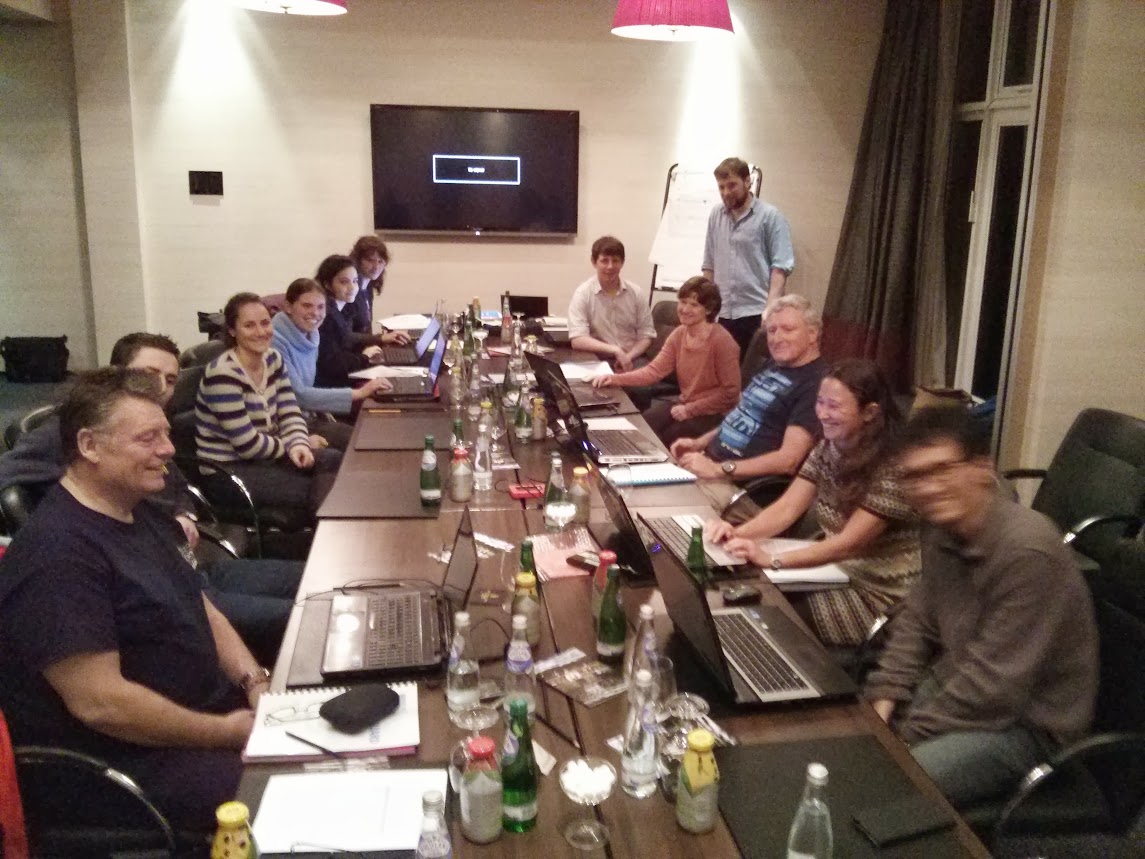
In January 2014 Sarah Barry of the Executive Committee independently attended the first advanced PAMGuard course. PAMGuard is one of the leading research and industry PAM software for real-time data collection and offline analysis. The developers of PAMGuard offer several different courses including an Introduction to PAMGuard and practical PAMGuard courses and now a two-day classroom-based course which enables those with previous PAMGuard experience to get to grips with more advanced features, in particular offline analysis and data management. The courses have a high tutor-to-student ratio to ensure participants are able to receive individual assistance with their training requirements.
 The advanced course included some core analysis modules and participants were able to explore the advanced functions in viewer mode. Participants were also able to tailor training to their particular needs by selecting from a range of optional modules including how to use complex classifiers such as Whistle Detection and Classification, High Resolution Localisation, Target Motion Localisation, Data Management, Noise Monitoring, and MATLAB library.
The advanced course included some core analysis modules and participants were able to explore the advanced functions in viewer mode. Participants were also able to tailor training to their particular needs by selecting from a range of optional modules including how to use complex classifiers such as Whistle Detection and Classification, High Resolution Localisation, Target Motion Localisation, Data Management, Noise Monitoring, and MATLAB library.
These modules were all very interesting, and useful for research and offline analysis, but not appropriate for PAM operators using PAMGuard for real time mitigational purposes. However, a module that showed how the automatic field data logging program Logger can be used within PAMGuard did prove to be interesting and relevant for mitigation. This may prove to be a useful tool for collecting sightings data alongside PAM. Using Logger, it is also possible to design any number of forms for manual input of data so all data required by standardised forms (JIP, JNCC) could be entered relatively easily.
Other modules that are likely to be very useful for marine mammal mitigation in the future include the whistle detection and click classification. Data utilised for entry into whistle and click classifiers for different species must be high quality. This highlights the need for consideration, by PAM operator, survey operator and client, of data quality when deploying and setting up an entire PAM system for mitigational purposes if the data is to be considered for inclusion of such data collection. These modules have a lot of potential for when more operators are able to build on baseline data collections of individual species within particular areas. Currently many surveys undertaken that require mitigation for marine mammals are within areas where there is very little or no baseline data.
PAMGuard software and training are available through PAMTech, a small UK-based company made up of PAMGuard developers and experienced field acousticians. The company was set up to provide independent teaching and software development services for PAMGuard, catering for both industry and academia. To find out more please visit:

